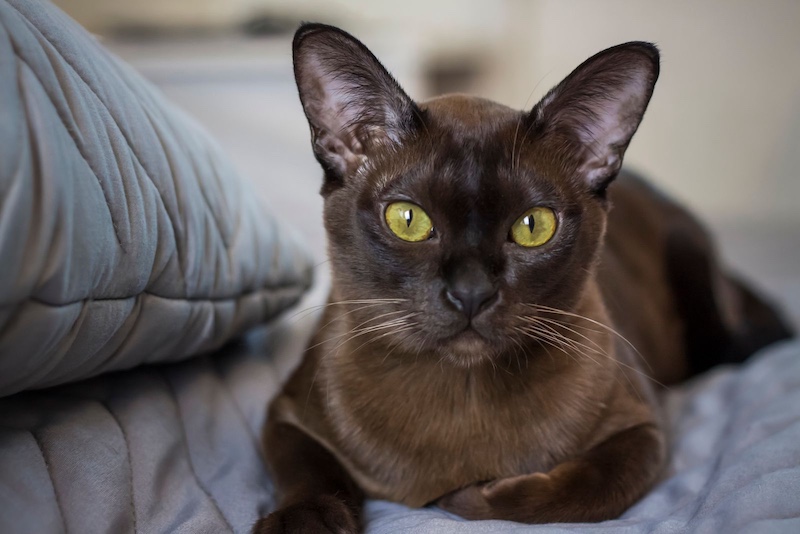Scratching is a natural behavior for cats—it helps them shed old claw sheaths, stretch muscles, and mark territory. However, it can become frustrating when your furniture bears the brunt of their claws. Luckily, some cat breeds tend to scratch less or can be trained more easily to avoid your favorite couch or curtains. If you want a feline companion who’s less likely to ruin your furniture, here are 10 cat breeds that rarely scratch furniture.
Ragdoll
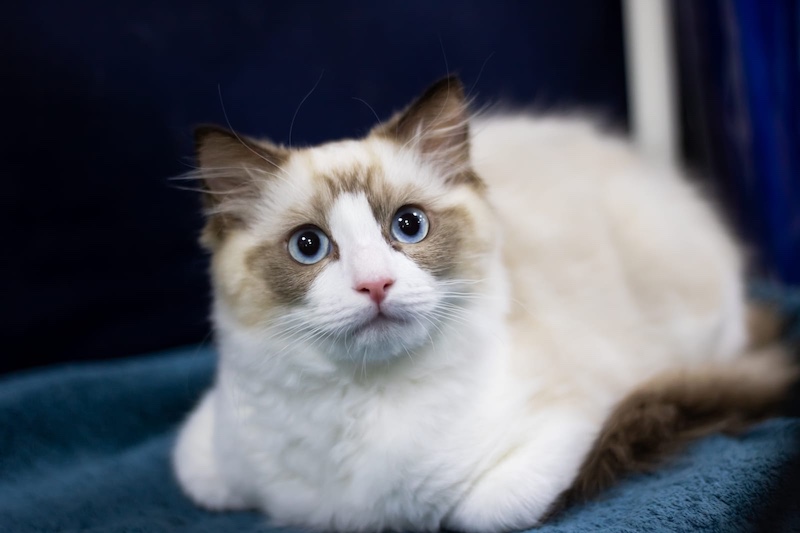
Ragdolls are famous for their gentle and laid-back temperament. They often behave more like dogs, following their owners around and enjoying cuddles. Because of their calm nature, Ragdolls typically don’t engage in aggressive or excessive scratching. Providing a scratching post for nail care usually satisfies their needs without damage to your belongings.
British Shorthair
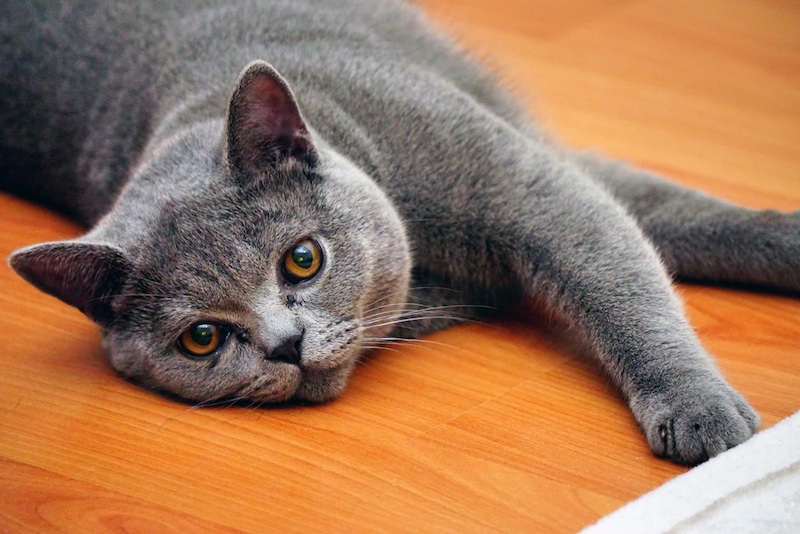
The British Shorthair is a plush, easygoing cat with a relaxed personality. These cats are not usually territorial or hyperactive, which means they’re less inclined to mark their space by scratching furniture. Early training with scratching posts further reduces the likelihood of unwanted claw marks.
Scottish Fold
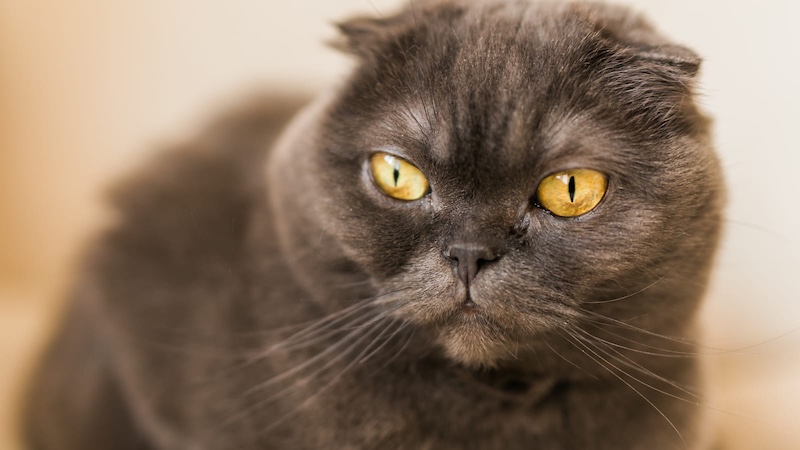
Scottish Folds are known for their sweet and quiet demeanor. Their affectionate and calm nature means they’re less prone to destructive behaviors, including furniture scratching. Because they respond well to positive reinforcement, training them to use a scratching post is generally straightforward.
Russian Blue
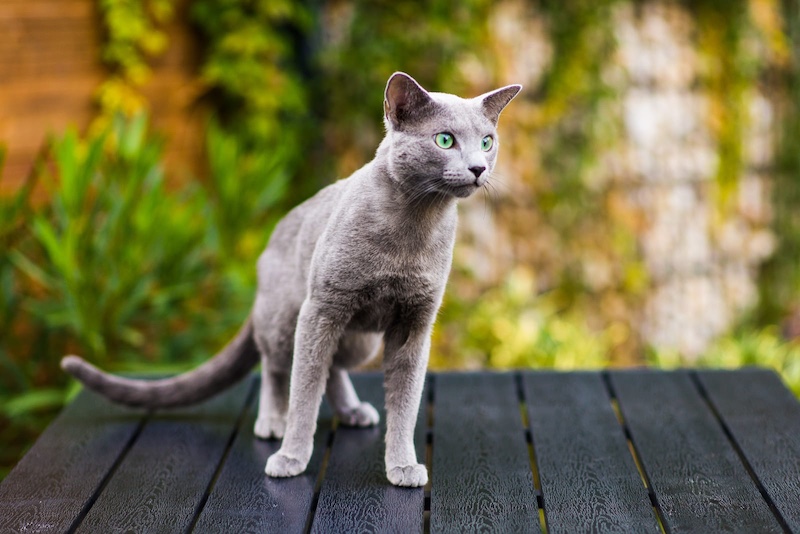
Russian Blues are intelligent and reserved cats who tend to be more selective about their environment. Their more introverted nature means they often avoid hyperactive behaviors such as vigorous scratching. With a proper scratching post, they are unlikely to damage furniture.
Burmese
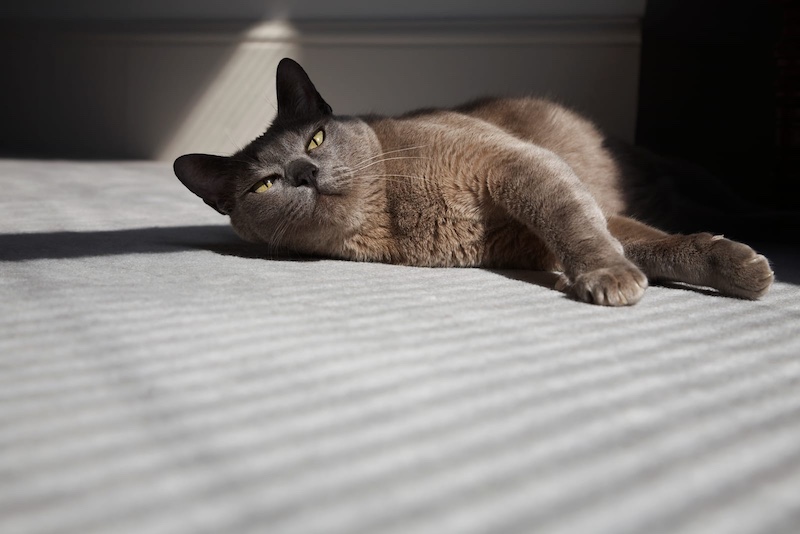
Burmese cats are playful but not overly destructive. Their social and affectionate behavior makes them responsive to training and redirection, so they tend to use scratching posts rather than furniture. They’re also known for forming strong bonds with their owners, which helps curb unwanted behaviors.
Exotic Shorthair
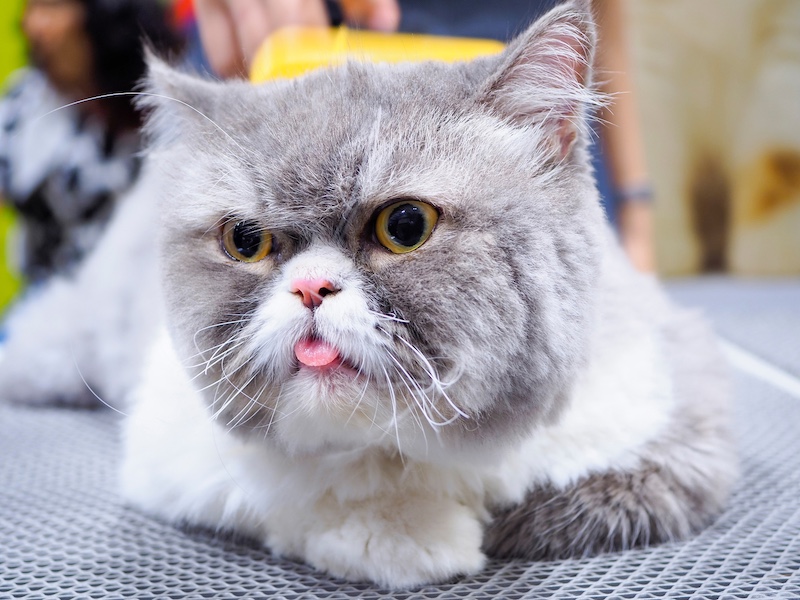
The Exotic Shorthair resembles the Persian but with short hair, and shares their calm, mellow temperament. These cats are generally easygoing and relaxed, making them less likely to engage in vigorous scratching of household items. Regular nail trims and appropriate scratching outlets keep them happy.
Scottish Straight
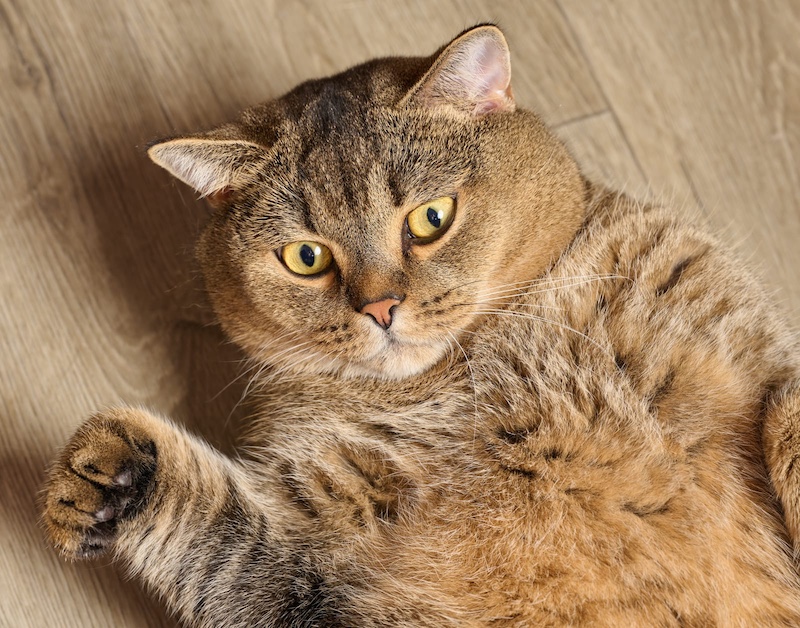
The Scottish Straight is closely related to the Scottish Fold but without the signature folded ears. They share the same laid-back, affectionate nature, and their calm demeanor makes them less prone to destructive scratching. Early training and enrichment activities also help them direct scratching to appropriate places.
Maine Coon
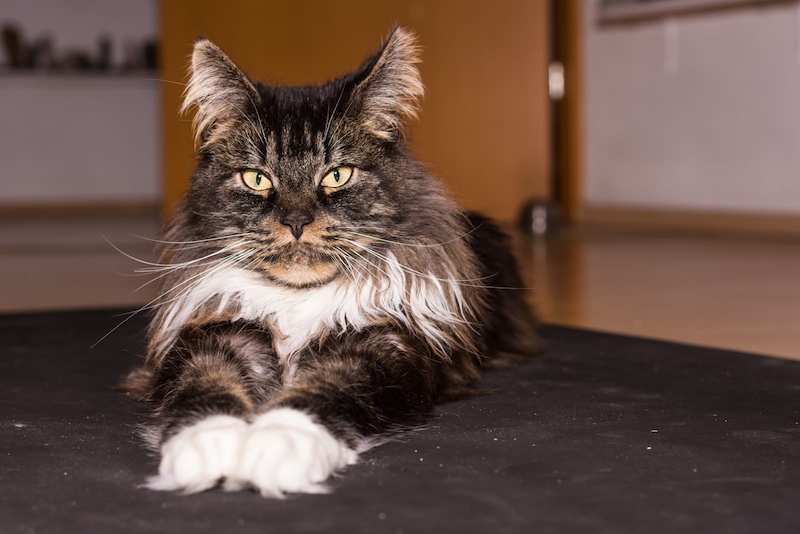
Maine Coons are large, sociable cats with gentle personalities. While they do enjoy scratching, they’re usually very trainable and respond well to scratching posts, reducing the chances they’ll damage your furniture. Their size means providing sturdy scratching options is important to keep them satisfied.
Persian
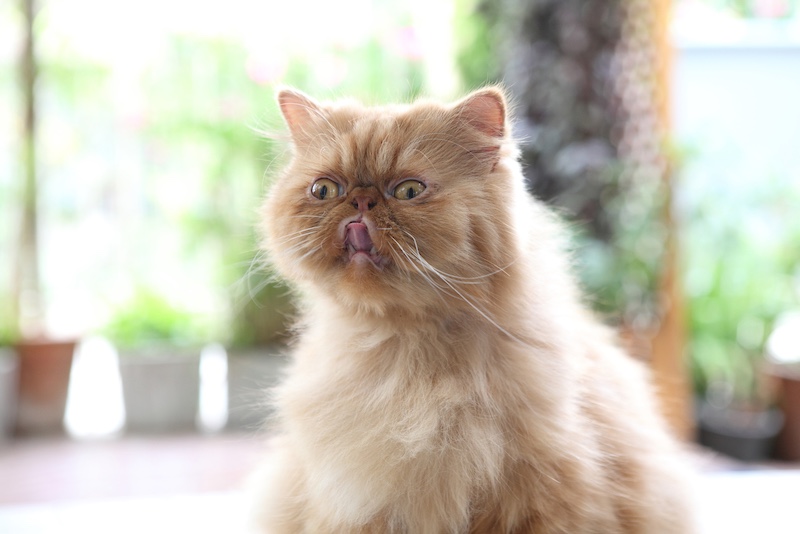
Persians are known for their calm and sweet personalities. They are generally relaxed and prefer lounging to destructive activities. While all cats need scratching outlets, Persians rarely develop a habit of furniture scratching when they are provided with proper enrichment and attention.
Norwegian Forest Cat
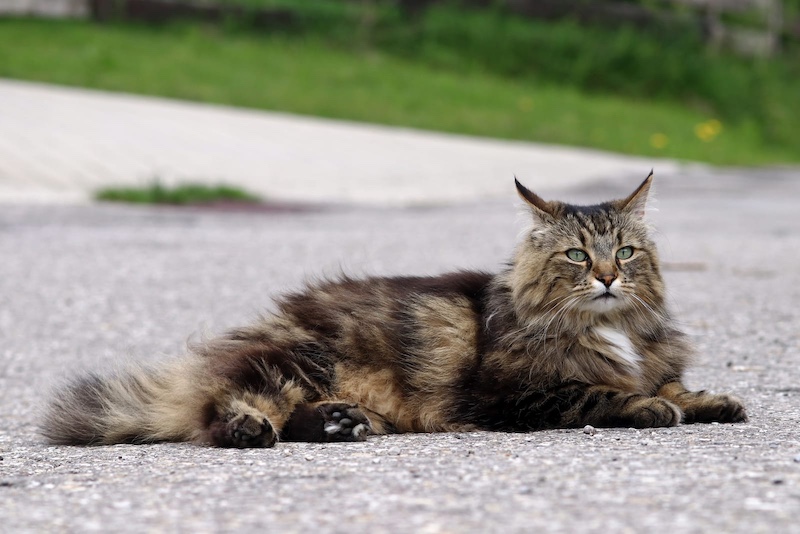
Norwegian Forest Cats are active but typically not aggressive scratchers. They enjoy climbing and scratching in natural ways, so having cat trees and posts available satisfies these urges. Their generally balanced behavior makes them less likely to attack furniture compared to more high-strung breeds.
- Please Note: This content was created with the assistance of AI and thoroughly edited by a human before publishing.

